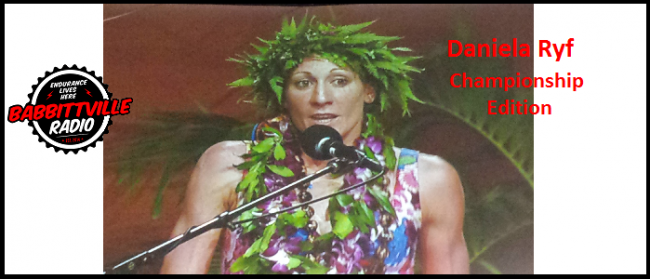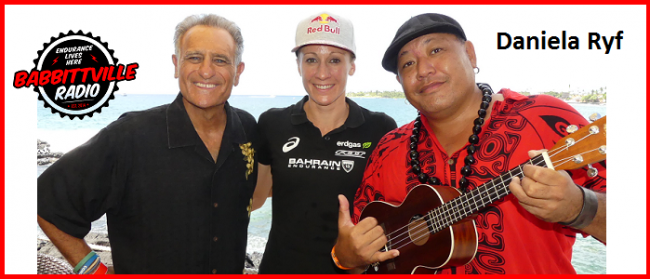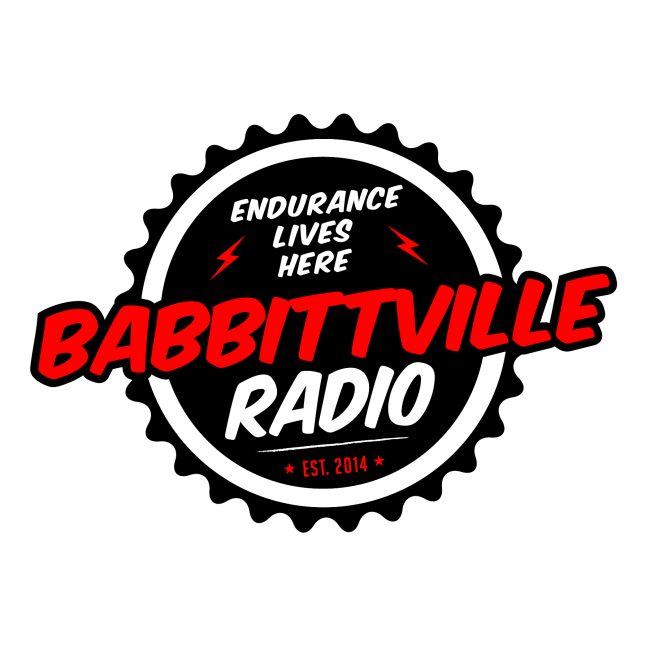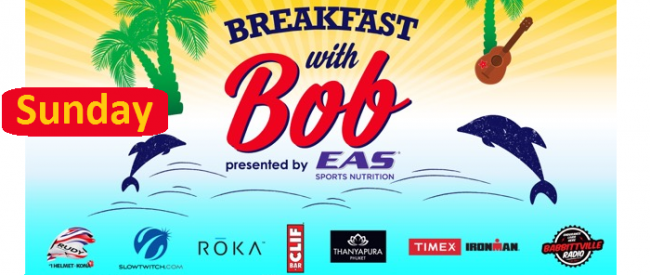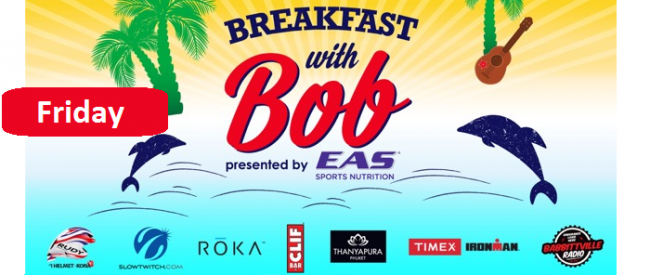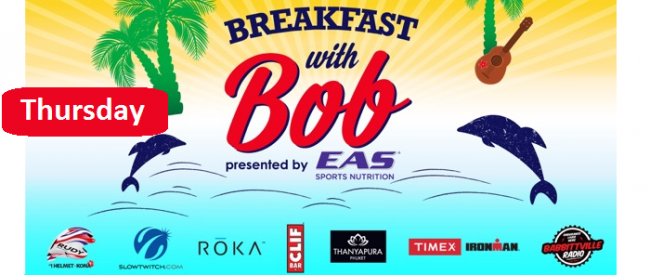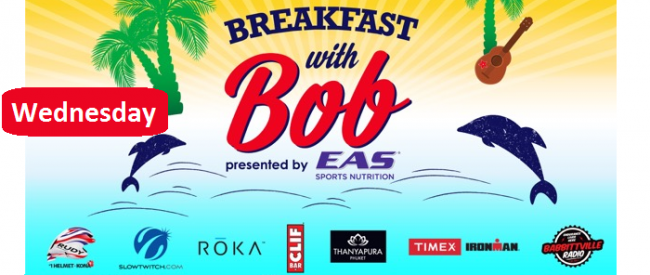Daniela Ryf: Breakfast with Bob Championship Edition – Babbittville
From our 2015 Edition of Breakfast with Bob from Kona, our post-race Championship Edition interview with the 2015 Ironman World Champion: Daniela Ryf. Daniela takes us through her winning performance and talks about how it feels to be the World Champion. Subscribe to Babbittville Radio on iTunes Sponsors Subscribe to Newsletter CREDO Tri…


